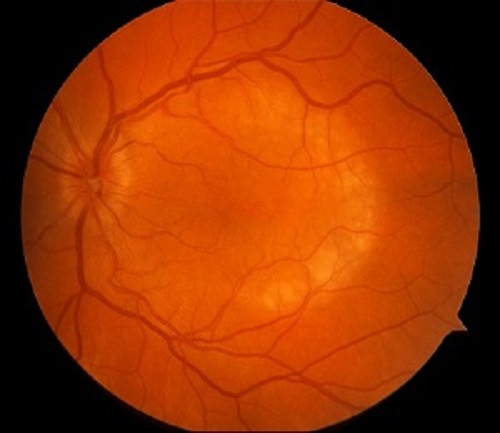Breadcrumb
A resurgence of syphilis worldwide is bringing new attention to the serious damage the venereal disease can have on vision.
Ocular syphilis, a group of inflammatory diseases in eye tissues infected by the bacteria that causes syphilis, poses a growing threat of permanent eye damage or even blindness if untreated or misdiagnosed. A recent study examining 127 patients treated for ocular syphilis in Brazil over a 2.5-year period determined the disease most often presented as uveitis.

How to Detect Ocular Syphilis
Uveitis symptoms can include eye redness and irritation, blurred vision, eye pain, increased sensitivity to light, floating spots before the eyes, and flashing lights. Physicians at the John A. Moran Eye Center—the only uveitis specialists serving the Intermountain West for more than a decade—screen all patients with ocular inflammation for syphilis.
"It is critical to make the diagnosis early not only to limit ocular damage but also to treat systemic disease— both of which are curable with systemic antibiotics therapy," explained Moran uveitis specialist Albert T. Vitale, MD, who has noted an increase in cases of ocular syphilis since he began his practice in Utah in 2003.
A total of 27,814 cases of primary and secondary syphilis were reported in the United States in 2016, a 17.6 percent increase compared with 2015, and a 74 percent increase from 2012, according to the Centers for Disease Control and Prevention. Utah ranked 40th in the country, with 92 early-stage cases reported in 2016.
Factors contributing to the re-emergence of the disease, according to the study authors, include high-risk sexual practices, increased global travel, changes in antibiotic sensitivity of the syphilis-causing bacterium T. pallidum, and the effects on the immune system from anti-HIV medications.
Additional Moran Eye Center uveitis specialists are Akbar Shakoor, MD, and Marissa B. Larochelle, MD.